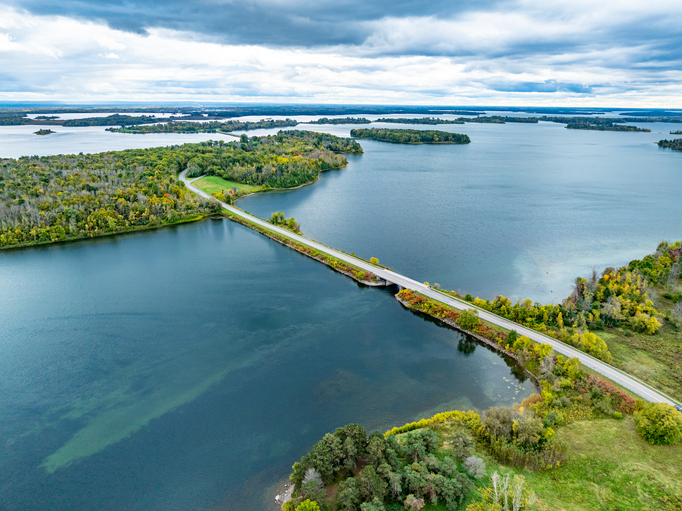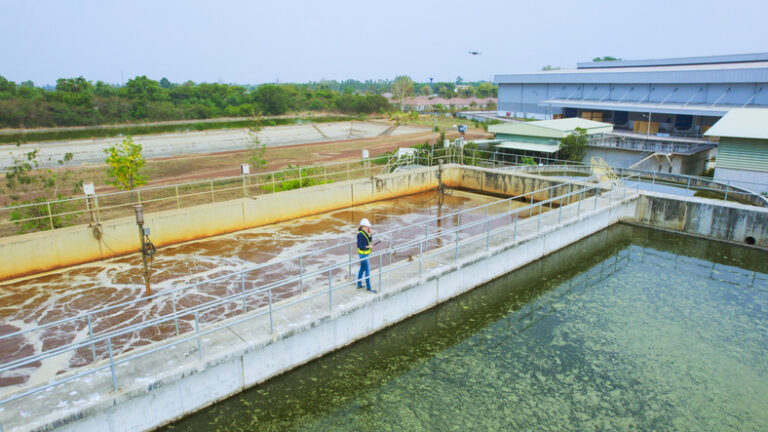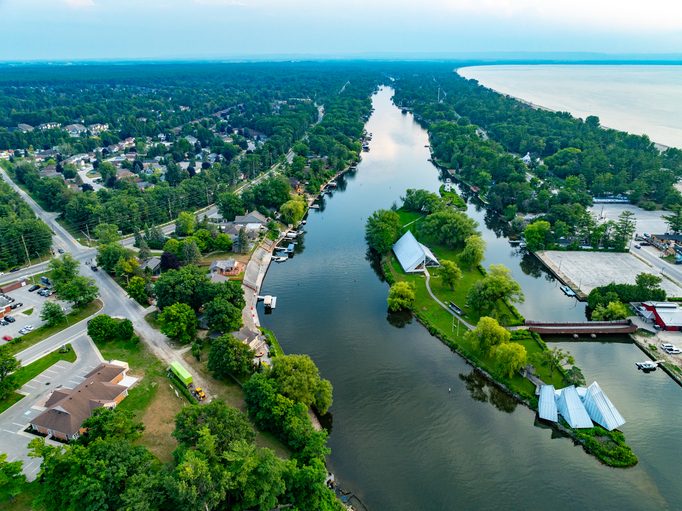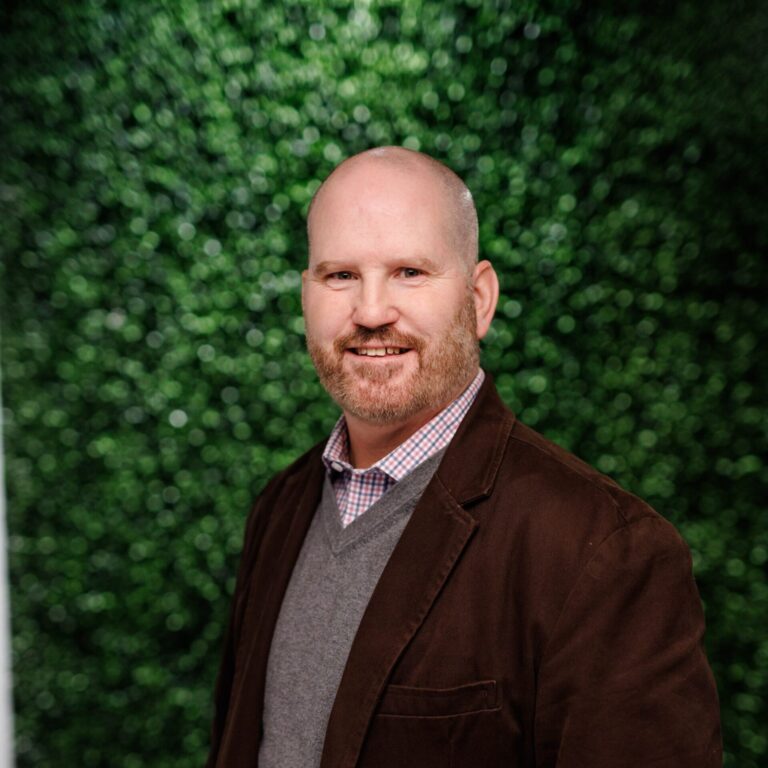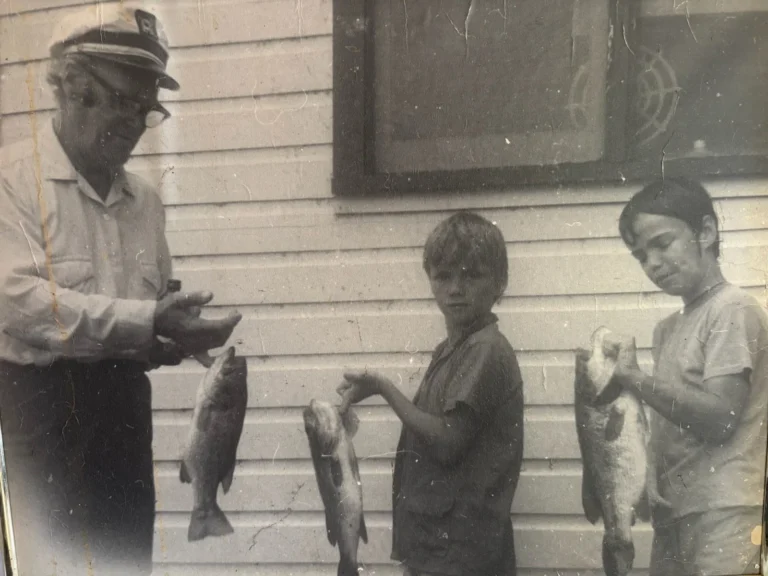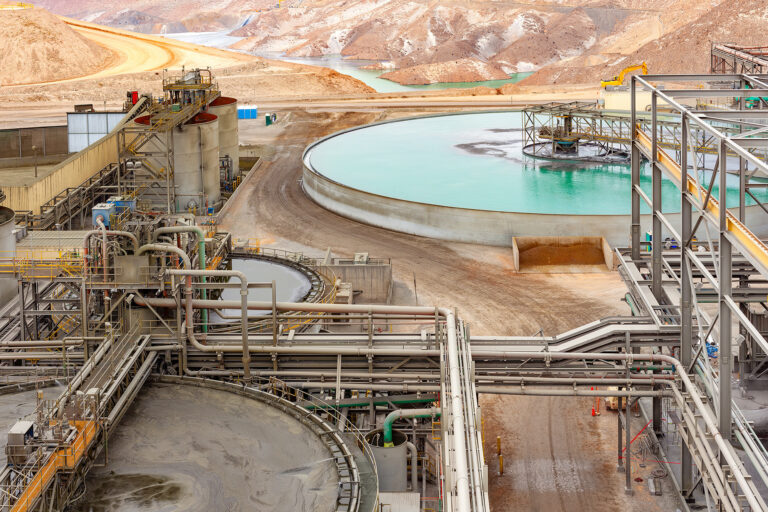Foundry Spatial’s Ben Kerr was recognized in the Business Leader category of the 2021 Water’s Next Awards.
What to do when freshwater data is buried in silos and not always accessible to parties affected by environmental decision making? If you’re Ben Kerr, founder and CEO at Foundry Spatial in Victoria, you take an open data approach to automate the gathering and flow of information.
From modest beginnings in northeastern British Columbia, the company’s water tools are gaining traction across North America, aiming to take publicly available environmental monitoring data and establish a single framework and platform where any number of users can quickly and efficiently understand the water supply and demand dynamics at their location of interest.
Kerr, a water resource professional, recognized that accessing and analyzing data from multiple sources is complex, especially if a watercourse has never been measured.
After striving to understand the factors hindering easy and equitable access to water data, Kerr assembled a team of environmental scientists, geospatial experts and programmers to develop information management tools that could be used to leverage online computing technology and scientific analysis.
“We don’t actually go out and collect any raw data ourselves,” Kerr explains. “We work completely as an aggregator generating insights off data other people and organizations are collecting.”
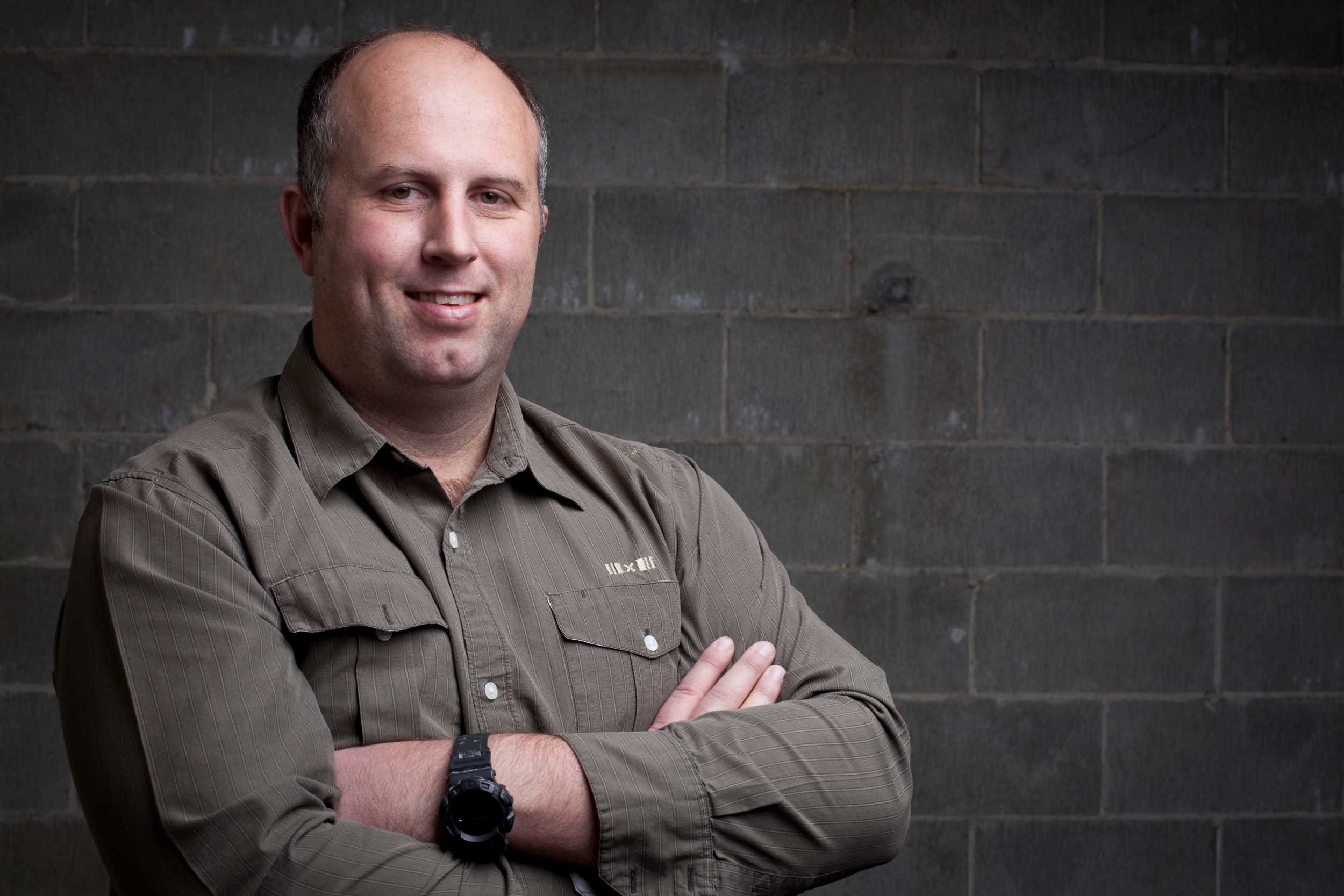
The problem is that data is often held by different levels of government and even by researchers, consultants, commercial entities, and citizen groups. “It’s all over the place,” Kerr says. “It ends up taking a lot of time just to do basic rudimentary analysis. So what typically happens is people don’t do this for every decision. That’s one reason you see problems around water management.”
With an open-data approach, users are free to share data that has already been collected so long as basic considerations are met such as attributing original sources. Foundry Spatial’s platform scours for water quantity data such as stream-flow, groundwater levels, precipitation and runoff, as well as quality data such as dissolved oxygen concentration, temperature, and chemical contaminants, and aggregates it in one place.
In California, the Nature Conservancy uses the system to assess conditions for sustainable water management for wineries and other large water users. “They might have water rights from the 1930s which say they can take this water during the summertime, but it might be better for the environment to take the water during the winter, when there’s lots of water in the rivers, put it into a storage pond, and then irrigate from that storage pond during the summer,” Kerr says. “Their challenge is getting through the regulatory hurdles to do that, and that can sometimes take years.”
While Foundry Spatial is a business, Kerr contributes to the broader community. He’s helped Friends of Swan Creek Watershed, a local stewardship effort, leverage the open-access tools. “The data they collect flows back into the system and is aggregated alongside other data that more than 50 other organizations are collecting as well,” Kerr says.
Foundry Spatial is still a young company, so Kerr remains the backbone in terms of guidance, direction, and management. But employees cited their boss for granting them considerable autonomy and influence and inspiring them to take ownership of their work.
Kerr has also received outside recognition, including the BC Premier’s Awards for Innovation, as well as a Global Petroleum Show Environmental Innovation Award.
This profile was written by Saul Chernos, a freelance journalist specializing in environmental issues, for the July/August 2021 issue of Water Canada.
The nomination period for the 2022 Water’s Next Awards is now open! Learn more about the awards here.




